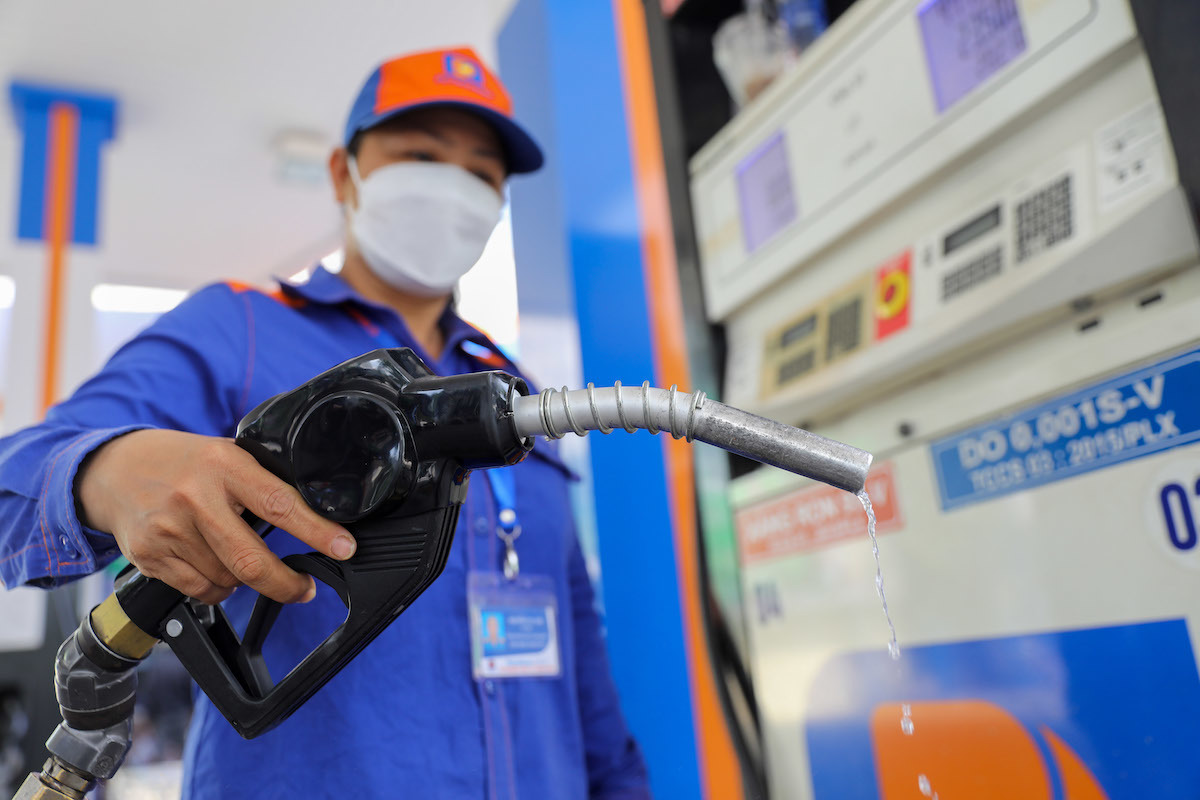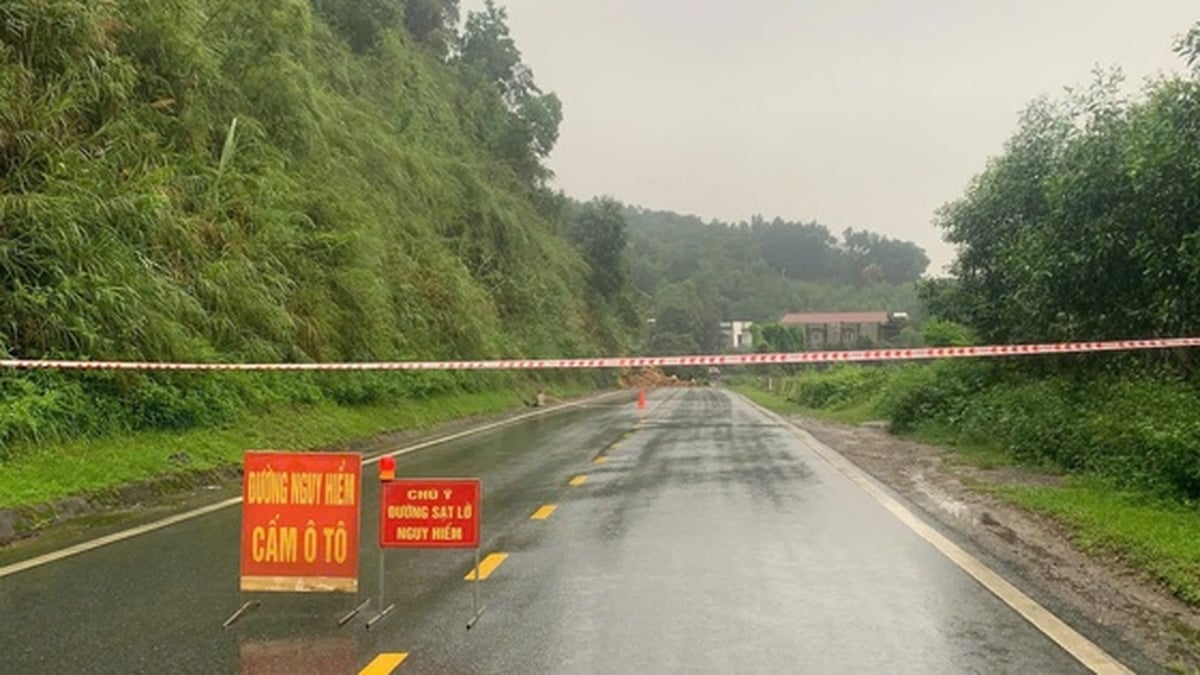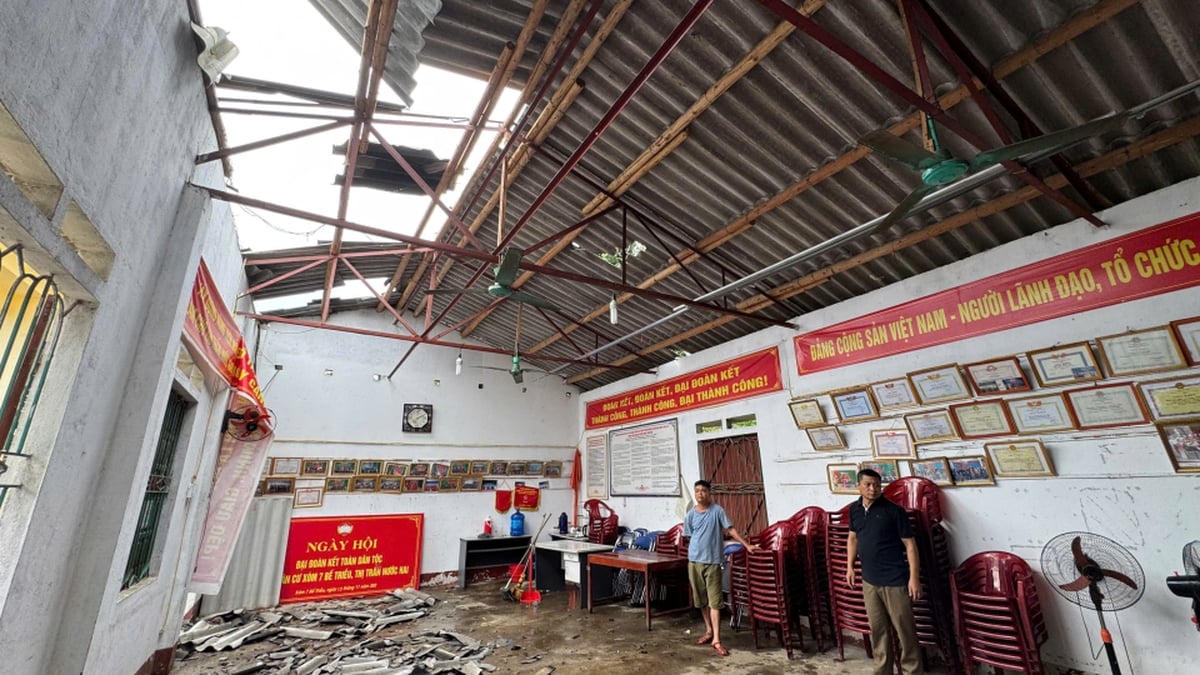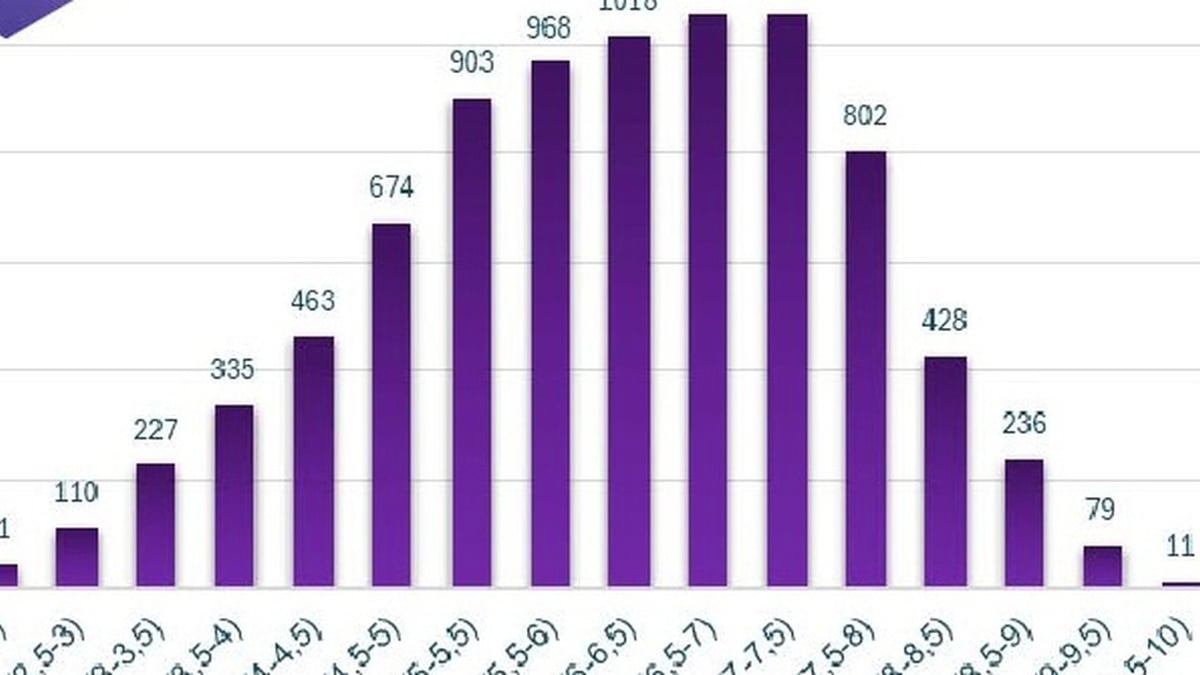
In the past 2 months, gasoline prices have increased 6 times in a row, reaching nearly 25,000 VND/liter, while the Petroleum Price Stabilization Fund has a surplus of more than 7,400 billion VND but still "decided not to spend". In your opinion, is the management story here reasonable?
- The fuel price stabilization fund is not managed well at all. In particular, this fund is assigned to businesses to manage, how they use and account for it is something very few people know.
Therefore, it is impossible to keep the Petroleum Price Stabilization Fund in the hands of enterprises. Because this money is the people's money, the managing enterprise can use this money for other purposes, which is unfair to the people who contribute to the Petroleum Price Stabilization Fund.
In addition, one of the other shortcomings is that the Petroleum Price Stabilization Fund is outside the budget, does not use the state budget, is set aside and used by enterprises, but the amount of setting aside and spending is based on the decision of the State management agency, the Ministry of Industry and Trade . All of these things slow down the time, making each adjustment of Vietnam's petroleum prices inconsistent with the immediate developments of the world market.
I think that the State management agency, in this case the Ministry of Industry and Trade, regulates gasoline prices but does not focus on the people and businesses. For example, in the recent adjustment periods, the Price Stabilization Fund should have been used to stop the increase in gasoline prices, but the management agency did not do so, allowing gasoline prices to reach 25,000 VND/liter.
The negative impact of rising gasoline prices is not measured by the increase of a few thousand dong when filling up gas, but more importantly, it is calculated into the cost of enterprises, production and business activities. If gasoline prices are not controlled, it will certainly affect the CPI index and inflation.

It is understandable that the Petroleum Price Stabilization Fund needs to be abolished, right, sir?
- Eliminating the Petroleum Price Stabilization Fund is the most correct thing to do for petroleum to reach the market. This fund is not operating effectively, so there must be alternative solutions. For the petroleum market to be effective and to avoid supply disruptions, the most important thing is to reserve in kind the petroleum source.
Developed countries reserve gasoline for 3 months, 6 months, even 9 months. This is a very good “life buoy” to stabilize the gasoline market. This “life buoy” does not lie still but operates like a state capital management company, buying low, selling high. The theory of commercial economics is that circulation without reserves is considered as no circulation.
So, according to you, why do management agencies still want to "hold on" to the Petroleum Stabilization Fund?
- I think this is also quite a "challenging" question. Personally, I think that state management agencies should soon realize that they should not intervene too deeply to control and manage gasoline prices.
The retail price of gasoline should be decided by the market, the State only monitors quality, allowing businesses to be autonomous, buy and sell on their own, take responsibility for themselves, without a mechanism of asking and giving, without monopoly and without group interests.
According to you, the recent increase in gasoline prices has been "beyond the tolerance" of people and businesses?
- Gasoline prices only fluctuate between 19,000 - 22,000 VND, this price does not exceed the "tolerance" of people and businesses. When the price of gasoline is above 22,000 VND, there is a problem with management, and we must find a way to regulate it. Unfortunately, the Price Stabilization Fund still has a lot of money but it is not used.
The reason why there was a time when the price of gasoline and oil rose to more than 30,000 VND/liter was because the world was experiencing a global energy crisis, causing many regions in the world to face a shortage of supply while oil and gas prices increased sharply.
What do you think about gasoline prices in the coming time?
Oil prices will not fall but will remain at a relatively high level, perhaps not reaching $100/barrel, but fluctuating between $80-90/barrel. Oil costs account for the highest proportion of road transport costs, up to 35-40%, which will have an impact on commodity prices.
Fluctuations in oil prices also greatly affect the input costs of manufacturing enterprises, especially large oil consuming industries, and thus strongly affect the price of finished products. Therefore, we must control the increase in oil prices by all means.
Thank you!
Source








![[Video] The difference in scores between university admission groups will be announced soon](https://vphoto.vietnam.vn/thumb/1200x675/vietnam/resource/IMAGE/2025/7/19/16441946784f4c4b8b6987f8164b1a83)
























































































Comment (0)